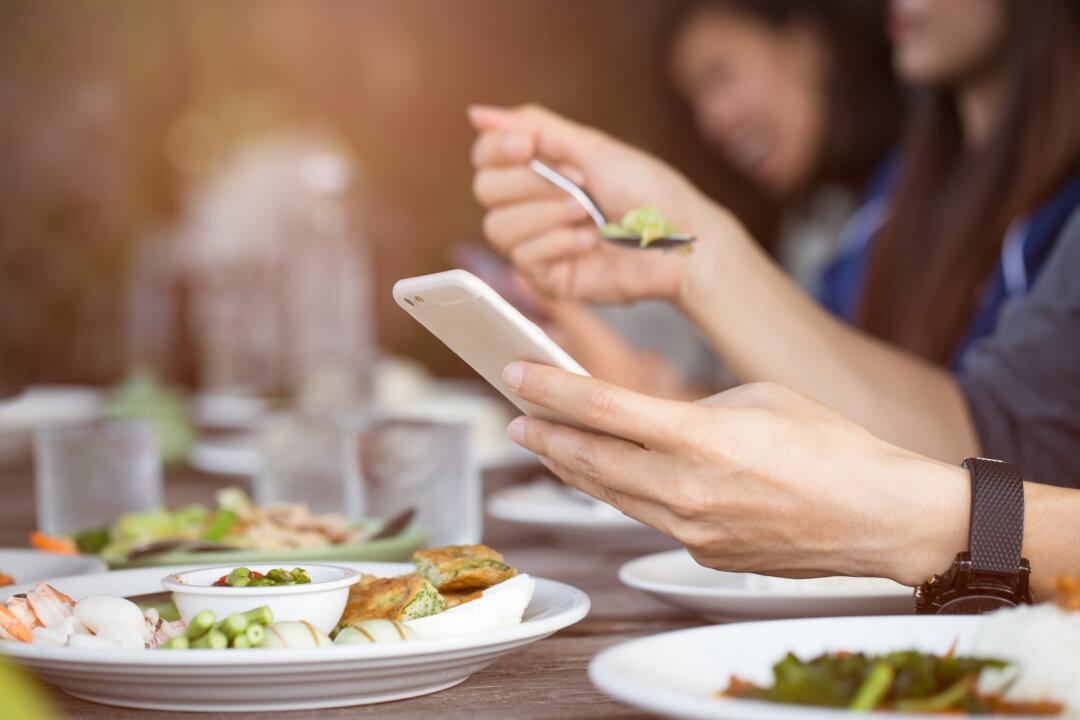Commentary
In the early days, when cellphones were first made available, they were a novelty of the rich. I can remember sitting at a diner and some guy was carrying on a conversation into a phone without wires from his table. He was speaking loudly and laughing and annoying everyone else.





